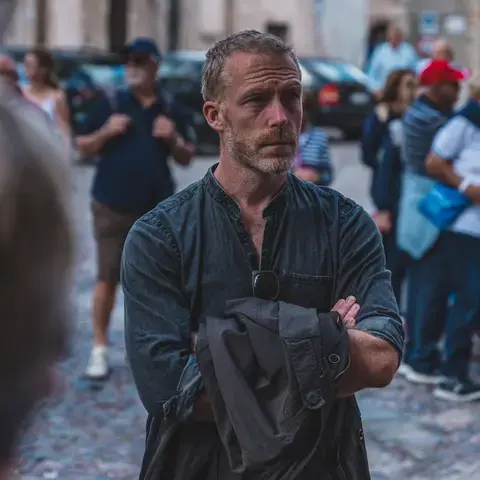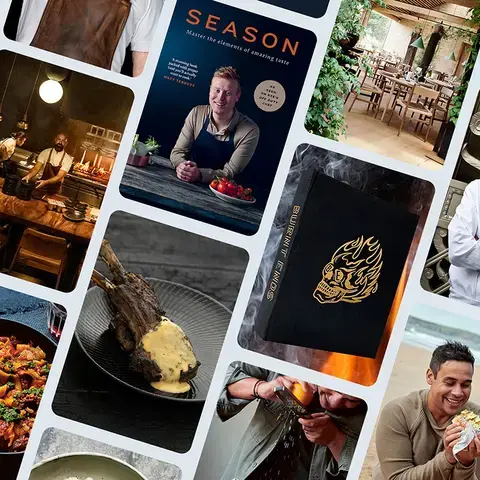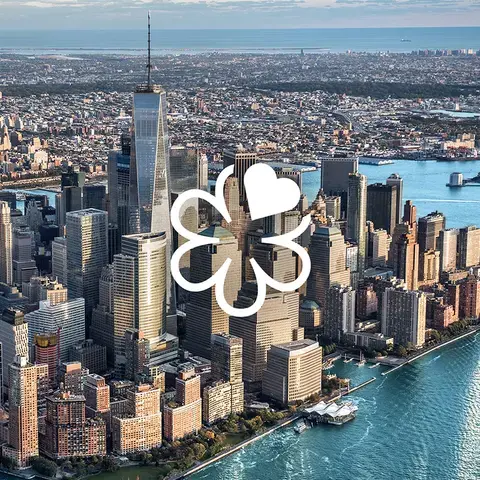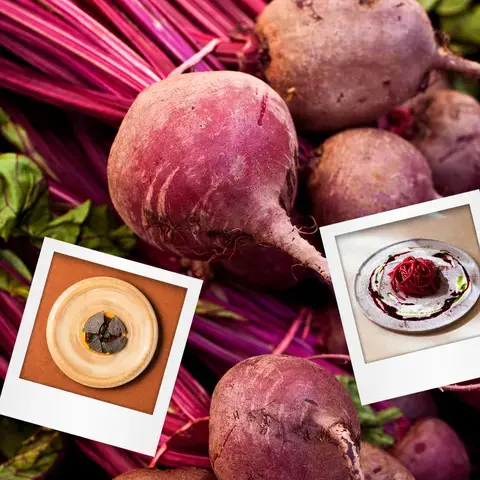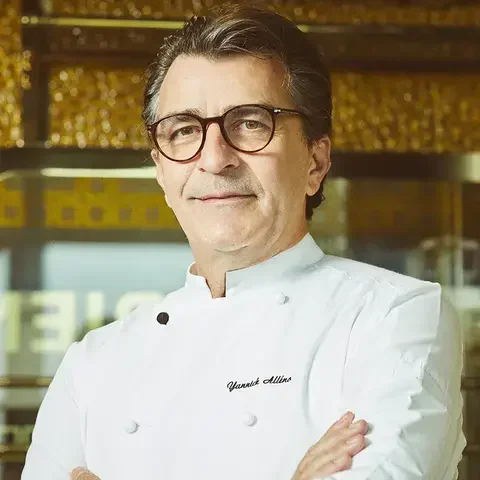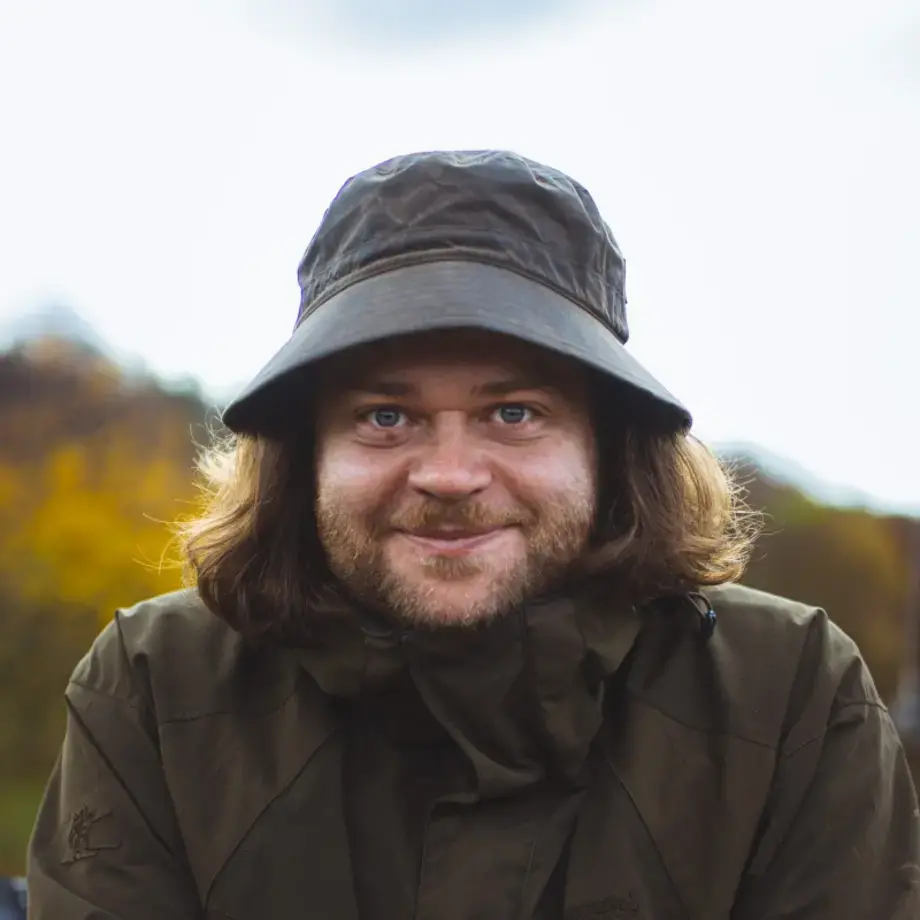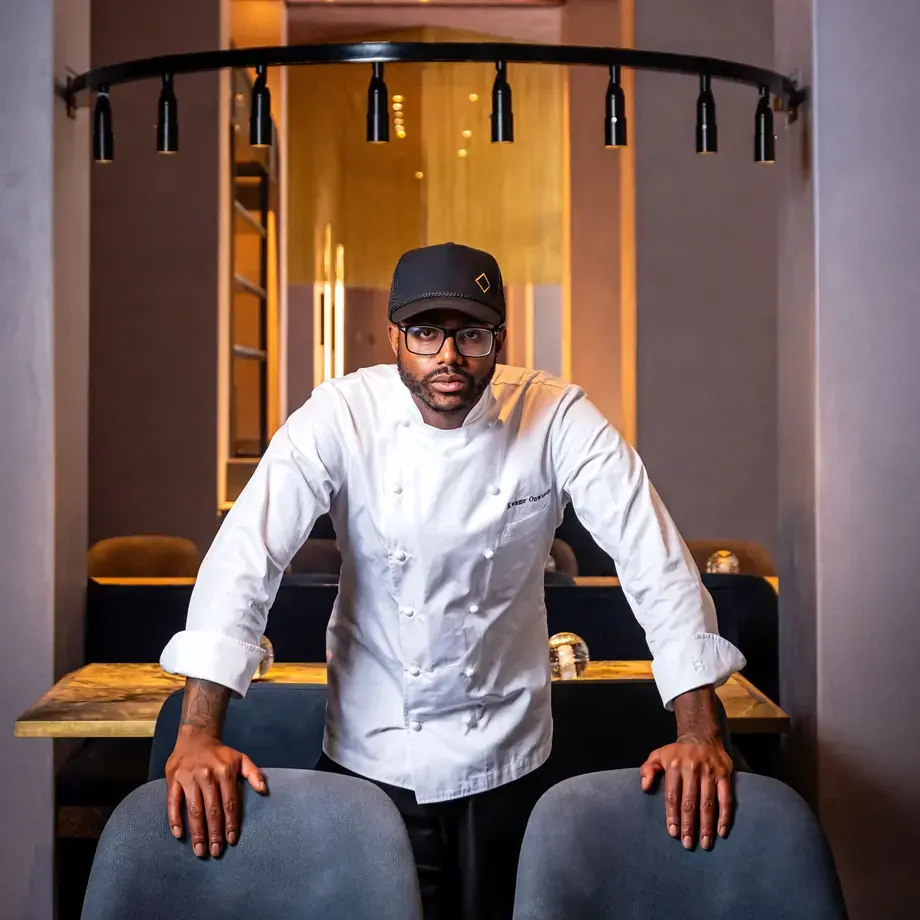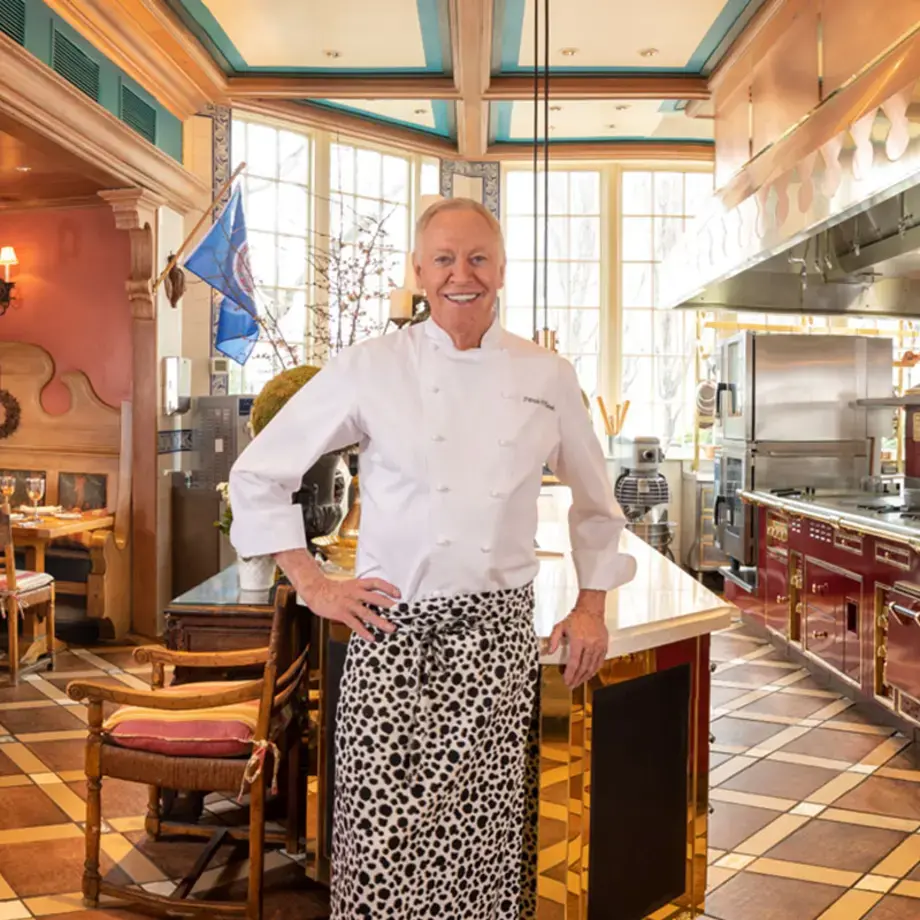Baumann began to work on his business plan and in the meantime worked at an apartment-themed concept restaurant in Copenhagen, where he felt free to explore and express himself. Returning to Noma, for their professional opinion on his business plan, they suggested that they open a restaurant together. Eventually, when the right location became available, 108 was born.
While 108 was never supposed to be a Michelin star restaurant, it received the accolade and became a fixed and thriving feature of Copenhagen’s culinary scene, until Covid hit, and the restaurant closed.
In the meantime, Baumann had been traveling to the country of his birth, South Korea, in order to reconnect with his heritage and learn about the cuisine.
“It made my passion even stronger. I started bringing back ideas and wondering how we could use them at 108. How could we recreate Koren flavors with Scandinavian ingredients?”
On one of his trips to South Korea, Baumann went to visit the orphanage where he was dropped off as a baby, but he had never wanted to meet his birth parents.
“I had a desire to let my birth mother know that I turned out okay. It was a very intense experience, I went there alone, and I had prepared a scrapbook of photos of me from when I was a child and a teenager. I left the book there, just in case one day she decided to come and find out about me. For me the biggest reason I felt this way is that I didn’t want to intrude on her life. I didn’t want to make her feel burdened by my presence. And I have a wonderful family here in Denmark, I’m very happy.”
Many adoptees feel the need to reconnect with their birth parents, and many don’t. It’s different for everyone. For Kristian, it was about connecting with himself, through Korean culture, “It’s not tied to my biological parents, it’s tied to the Korean culture, the history, the society, the art, and my understanding of it. That’s what I want to explore. One of my fondest memories of my first trip back to Seoul was standing on the metro alone. It sounds strange, but for the first time in my life I was looking around and I looked like everyone else.”
Baumann’s reconnection to his native Korea became a very special thing for him and he returned many times, making many friends. Visiting the temples he was able to experience the spiritual culture of Korea.
Eventually, Baumann began to formulate what his restaurant would look like, a Korean restaurant that utilized Nordic ingredients, a culinary representation of himself and his identity. This was how Koan was born. After several pop-up iterations and the turmoil of pandemic lockdowns, a permanent home was found for his restaurant in Copenhagen.
“It is neither traditional Korean nor Nordic food, but the blending of these two cultures coming together. A koan is a question in Zen Buddhism, which opens your mind. I really like that you should have an open mind and that there are no answers. For me it’s something that resonated with me, so I am glad I kept the name.”
Baumann and his wife invested all they had in Koan, there were no billionaire investors. So, with everything on the line, the chef set about creating the very best restaurant he could. His care and attention to detail, his passion, and his culinary experience all came to bear on a restaurant that is new and exciting in a culinary scene that consistently holds the reputation as the world’s best.
The Michelin Guide took notice, and the restaurant was awarded two stars straight away. Baumann thought he had received a single star, until he was called to the stage.
“It felt like this stone I had been carrying on my back for years was gone, because I knew what the recognition would do for a small restaurant like us. Koan’s future was secured.”
The story of Koan is essentially the story of a chef who was on a culinary journey inward, to discover his true identity and sense of self. Worthy of every recognition it receives it is another stellar addition to the city of Copenhagen. But more than this, it is the representation of something very special, an artistic culinary expression of self-discovery that Baumann shares joyfully with his guests. Perhaps there isn’t an industry award important enough to really do that justice.

